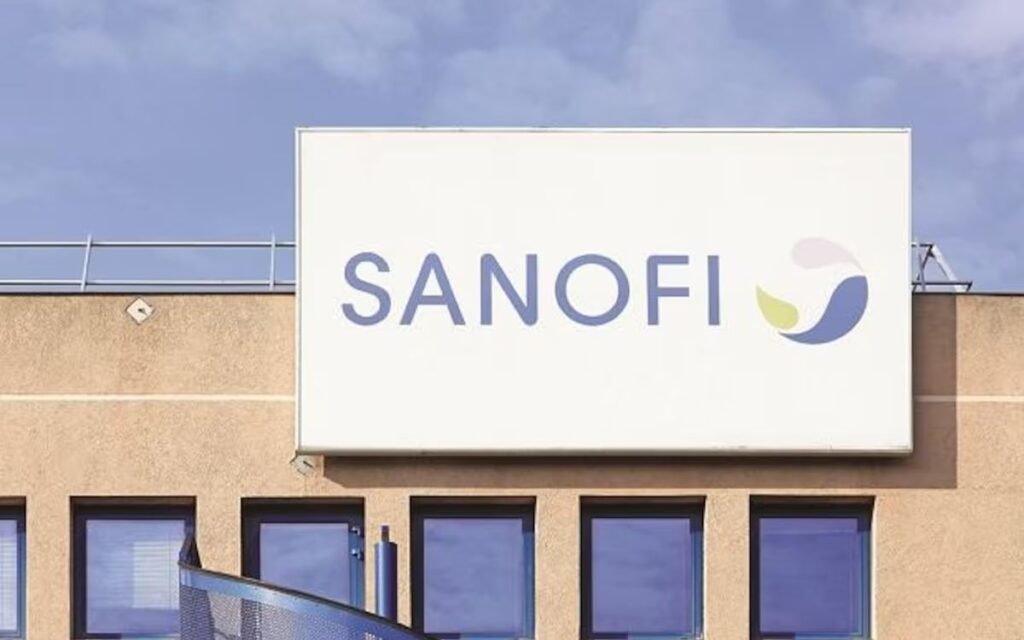Sanofi has faced challenges with a trio of therapeutic candidates acquired through its business development endeavors, leading to a pause in development or the release of unfavorable data for assets procured from Denali Therapeutics, Kymab, and Principia Biopharma.
These developments impact two mid-phase candidates, although research will continue in different indications, and one phase 1 asset. One of the phase 2 candidates, eclitasertib, a RIPK1 inhibitor acquired from Denali in 2018 under a $125 million agreement, is designed for inflammatory diseases. Despite an unsuccessful attempt to employ the molecule for COVID-19, Sanofi transitioned it to a phase 2 study in cutaneous lupus erythematosus in 2021. However, efficacy data has led to the decision to withdraw from the indication while continuing to explore eclitasertib’s potential in ulcerative colitis, with a primary completion date set for 2025. While this setback affects the Denali collaboration, work on the neurodegeneration asset remains ongoing. Sanofi and Denali shifted from the original neurodegeneration candidate early in their partnership, progressing to phase 2 trials for amyotrophic lateral sclerosis and multiple sclerosis.
Sanofi also delivered a mixed update on rilzabrutinib, a BTK inhibitor acquired as part of the $3.7 billion Principia takeover. The candidate previously faced failure in a phase 3 trial for a rare autoimmune skin condition but demonstrated promise in chronic spontaneous urticaria (CSU). Unfortunately, it fell short in atopic dermatitis. Sanofi’s financial results reflected this divergence. In the CSU trial, rilzabrutinib exhibited positive results in itch severity, successfully meeting its primary endpoint. However, the atopic dermatitis trial didn’t reach the eczema area and severity endpoint, though other crucial clinical components demonstrated numerical improvements. Sanofi is yet to outline the next steps for either indication while highlighting an ongoing phase 2 asthma trial.
Amid these challenges, Sanofi remains committed to its strategic vision, planning to allocate savings generated through “strategic cost initiatives” to support innovation and growth drivers. As part of this strategy, the company has confirmed its intention to separate its consumer health business, a move expected to take shape as early as next year.





























